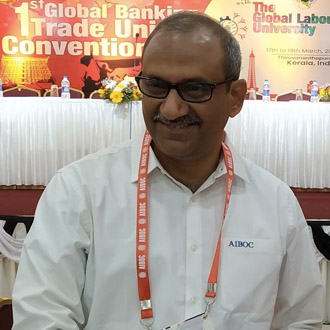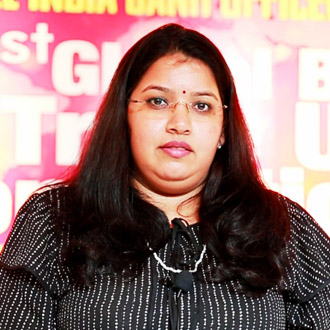The Backstory
The merger of Vijaya Bank and Dena Bank with the Bank of Baroda is an eyewash to hide the real issues at play.
The Real Problem
Banks make money by lending money to those who need it. This includes individuals, corporates and others. The money earned from this allows a bank to run and offer services to you. The trouble begins if you lend money to someone who doesn't pay it back - it makes the bank operation expensive, and is bad for everyone. In bank language, these are "non-performing assets" - or NPAs. The Indian banking industry is reeling under an enormous amount of NPAs, worth over Rs. 10 Lakh Crores!
How Did We Get Here?!
Faulty lending, and the absence of any strategy to recover money from delinquent corporates led us here. Tiny and large actions, all across the board, sometimes fraudulent, add up to a huge problem.
What Should Be Done?
Introspect our lending practices, aggressively investigate and penalise those who are responsible for this - and initiate strong action against corporate fraudsters who are responsible in a large part for this. (And yes, this list includes the likes of Nirav Modi, Mehul Choksey and Vijay Mallya).
But Instead ...
But instead of actually doing something about this, the Union Government has come up with a plan that makes no sense. They want to merge three banks together - so that their balance sheets add up, to show a nice overall figure.
Think of it this way - three people appeared for an exam - and one of them got +10, one got -3 and one got -1. You should really look into why those two got bad results, but instead, you decide to pretend as if their sum, which is +6, is what the class got together. That's what a merger is.
Who Benefits and Who Loses?
Everyone who has an incentive to make things look better on paper wins with this. This includes the Union Government, some top management, and of course, the people who are responsible for the NPAs in the first place.
On the other hand, people who work at these banks might lose their jobs. Branches will be closed, people will be asked to retire early, which is a polite way of being fired. And most importantly, every bank competes to give you - the citizen - the best possible services. With less banks, there is less competition, and you will end up paying more for the same things, because there's no competition to keep things in check anymore.





